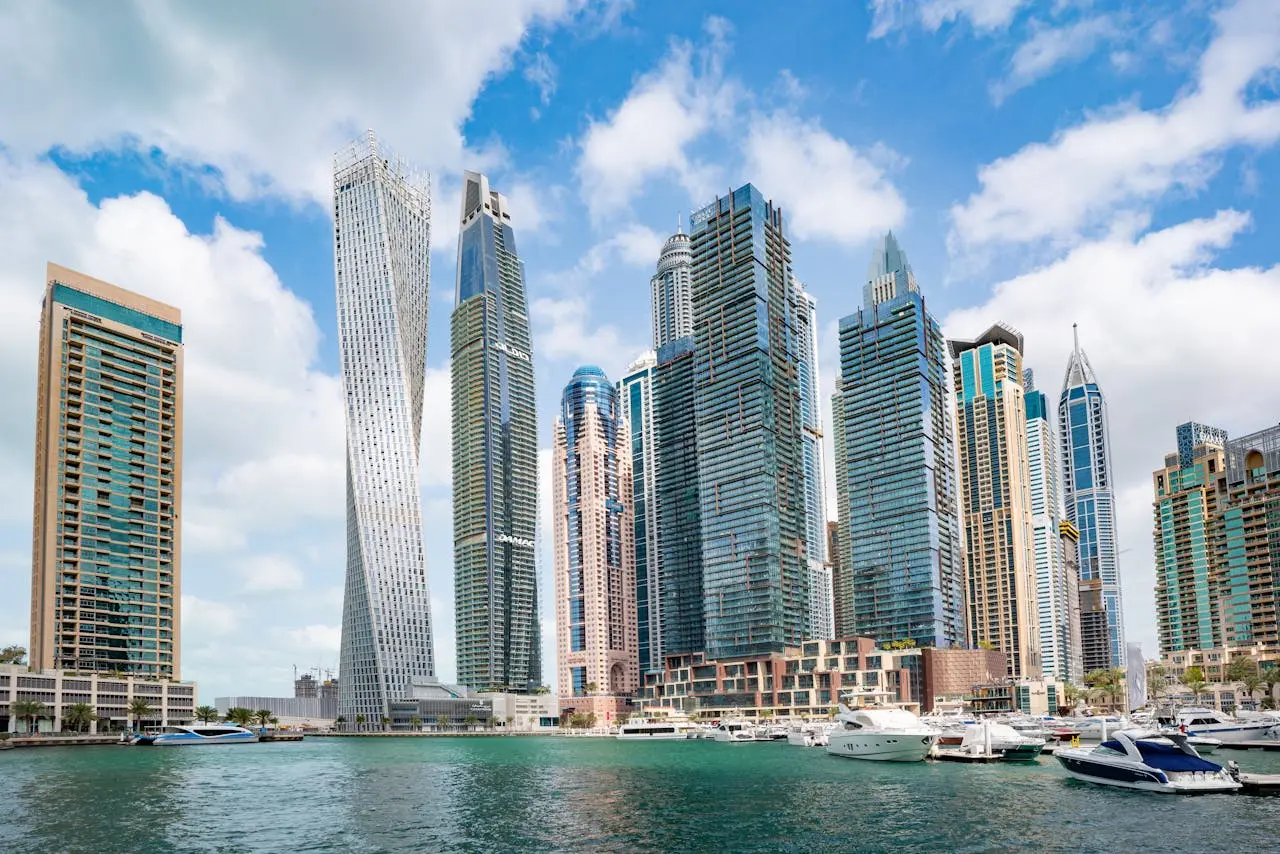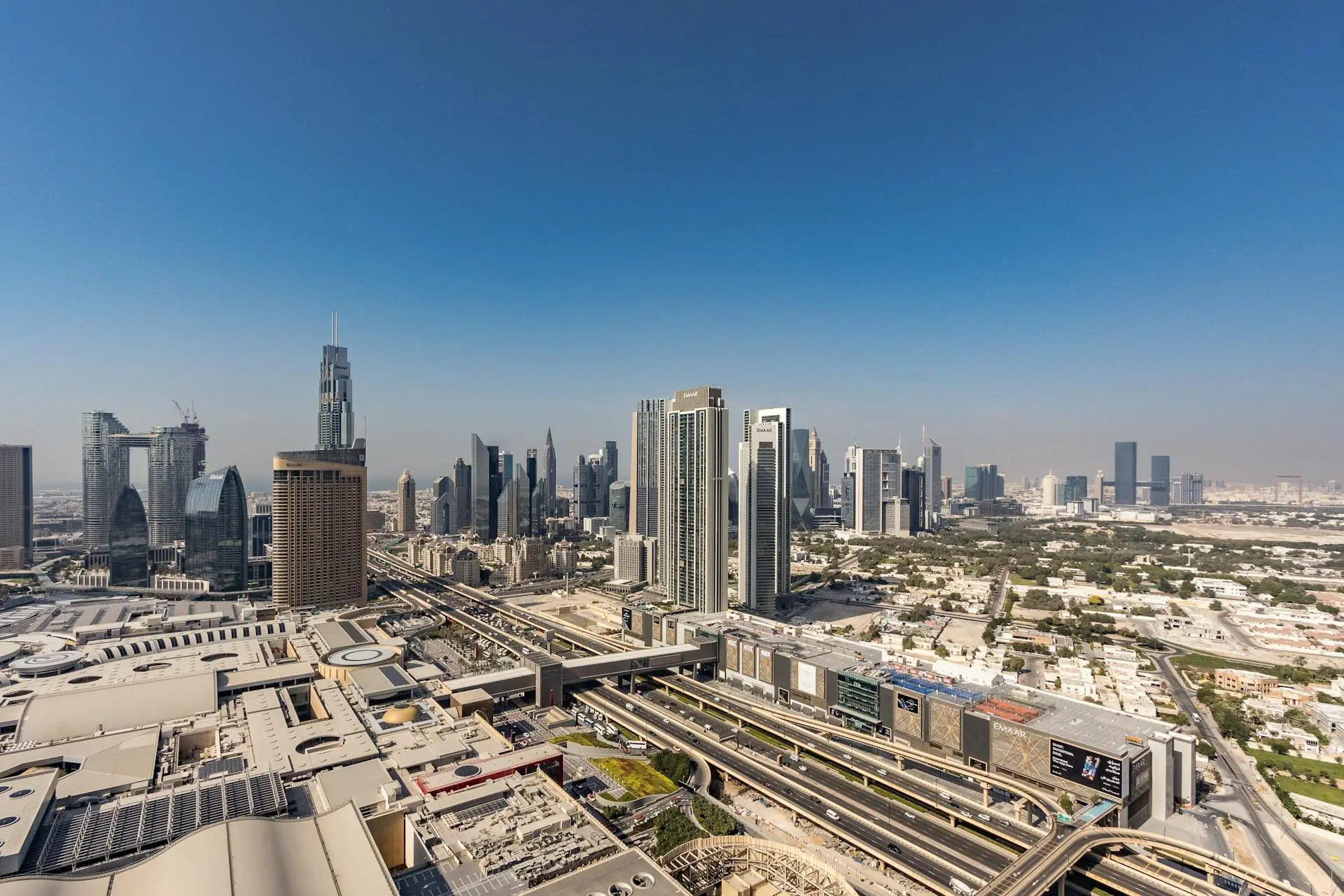
UAE
Taxation individuals
Overview
The United Arab Emirates offers one of the most attractive personal tax regimes in the world: individuals benefit from zero personal income tax, no wealth or inheritance tax, and flexible residency options.
This makes the UAE an ideal destination for high-net-worth individuals, entrepreneurs, and remote workers seeking tax efficiency and global mobility.

UAE tax system for individuals
- No personal income tax is levied on employment income, business profits, dividends, interest, or capital gains.
- No wealth tax, inheritance tax, or gift tax applies in the UAE.
- Corporate tax (9%) applies only to business entities exceeding AED 375,000 in profits; individuals are exempt unless classified as a business.
- Freelancers and self-employed may be subject to corporate tax if they meet the “Business Activity” criteria under the Corporate Tax Law.
- No withholding taxes on cross-border payments for individuals.
- No social security contributions for expatriates; GCC nationals may have limited obligations.
- Real estate income is not taxed at the federal level but may be subject to emirate-level fees.
- Tax residency certificate available after 183 days of presence or based on UAE domicile.
- Double tax treaties in place with over 130 countries, reducing withholding taxes abroad.
- UAE Free Zones offer additional exemptions for qualifying business activities.
Requirements and Procedures
- No annual personal income tax return is required for individuals.
- Corporate tax registration may be required for individuals with qualifying business income.
- Voluntary registration for a Tax Residency Certificate available for individuals.
- 183-day physical presence rule applies for tax residency purposes.
- Application for tax residency certificate requires a UAE residence visa and local bank account.
- Documents typically required include Emirates ID, tenancy contract, UAE bank statements, and utility bills.
- Digital application for Tax Residency Certificate via the Ministry of Finance portal.
- Processing time for certificate: approx. 5–10 business days upon submission.
- Renewal of Tax Residency Certificate is annual.
- No personal wealth reporting obligations in the UAE.


How Charfort can help you?
- Evaluate your tax position in the UAE and mitigate global tax exposure.
- Assist with obtaining UAE tax residency and meeting formal criteria.
- Support with Tax Residency Certificate applications for DTT benefits.
- Structure your business activity to avoid unnecessary UAE taxation.
- Clarify freelancer or self-employed obligations under Corporate Tax rules.
- Optimize cross-border taxation using UAE’s treaty network.
- Provide strategic advice on relocation and real estate ownership.
- Coordinate with foreign advisors to avoid double taxation.
- Offer ongoing compliance and representation in case of audit.
- Deliver bespoke advisory for HNWIs, digital nomads, and entrepreneurs.
Frequently asked questions
Everything you need to know about the process.
Contact us today
Charfort assists international clients in obtaining residence and citizenship under the respective programs. Contact us to arrange an initial private consultation.

